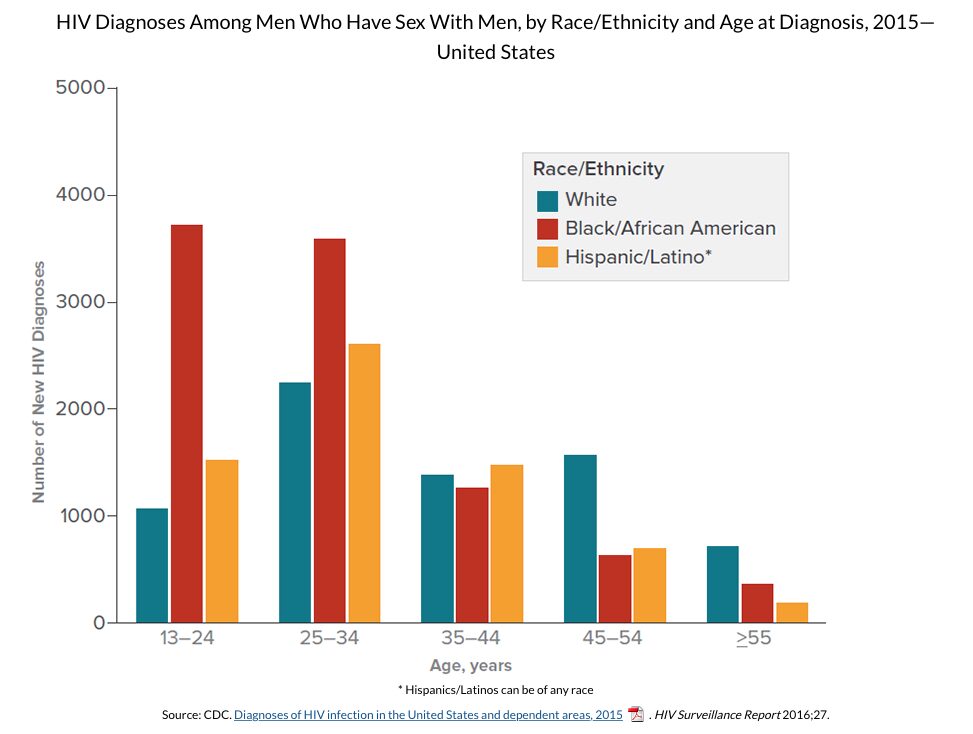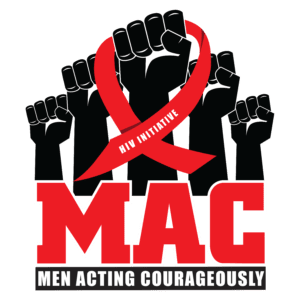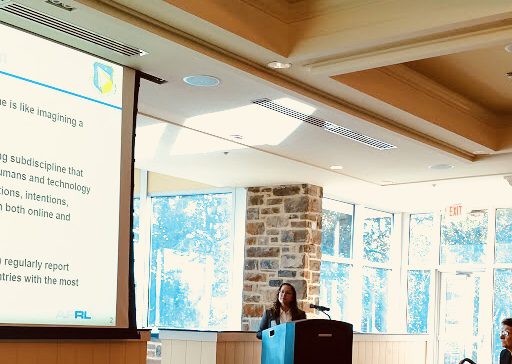Department of Psychology
College of Liberal Arts
The Department of Psychology at Jackson State University is a unit of the School of Social and Behavioral Sciences in the College of Liberal Arts
The MAC Initiative
The Community Health program continues its commitment to provide positive impact in the community through its new community Initiative, The MAC Initiative. MAC stands for Men Acting Courageously. With so many issues facing the African American Male, CHP wants to provide an opportunity to engage this population in conversations and learning modules to help strengthen ad empower them. The MAC Initiative will provide Empowerment opportunities for African American Men both on the campus of Jackson State University and its surrounding community. These opportunities will consist of Chat & Chew Sessions that deal with issues related to their community. The MAC Initiative will also host a Men’s Conference to further provide informative opportunities for empowerment. It is the hope of this Initiative to bring positive empowerment for African American Men such that they will be better able to make both positive and healthy decisions for their lives.
HIV Among African American Gay and Bisexual Men
Fast Facts
• African American gay and bisexual men account for more US HIV diagnoses than any other group.
• After steep increases, HIV diagnoses among these men have leveled off in recent years.
• Though HIV rates are high among African American gay and bisexual men, there are more tools than ever before to prevent HIV.
In the United States, black/African Americana gay and bisexual menb are more affected by HIV than any other group of Americans. Though the number of new diagnoses declined for African Americans as a whole in recent years, diagnoses among African American gay and bisexual men increased between 2005 and 2014. However, that upward trend has stabilized since 2010.
The Numbers
HIV and AIDS Diagnoses
• Among all gay and bisexual men who received an HIV diagnosis in the United States in 2015,d African Americans accounted for the highest number (10,315; 39%), followed by whites (7,570; 29%) and Hispanics/Latinose (7,013; 27%).f
• In 2015, 38% (3,888) of African American gay and bisexual men who received an HIV diagnosis were aged 13-24. Thirty-seven percent (3,843) were aged 25-34; 13% (1,305) were aged 35-44; 8% (872) were aged 45-54; and 4% (405) were aged 55 or older.
• While the number of HIV diagnoses declined for African Americans as a whole from 2005 to 2014, diagnoses among African American gay and bisexual men increased 22% in that period. But diagnoses stabilized in recent years, increasing less than 1% between 2010 and 2014.
• From 2005 to 2014, HIV diagnoses among African American gay and bisexual men aged 13 to 24 increased 87%. But that trend has leveled off, with diagnoses declining 2% between 2010 and 2014.
• Among all gay and bisexual men with HIV infection classified as AIDS in the United States in 2015, African Americans accounted for the highest number (3,928; 39%), followed by whites (3,096; 31%) and Hispanics/Latinos (2,430; 24%).


ABOUT THE PROGRAM
More about us
By the time JSU officially gained university status from Mississippi’s state legislature in 1979, the Department of Psychology’s primary focus on research made its move to the School of Liberal Arts a natural transition. Then, Dr. Janet St. Lawrence, a faculty member and clinical psychologist at JSU, began to investigate HIV and STD issues in vulnerable populations during the advent of the AIDS epidemic. Out of this work with those in drug treatment, people contending with incarceration, or people from other at-risk groups, came the genesis of the Community Health Program (CHP). This program became the foremost research division within the Psychology Department and works to provide community service while training students and conducting original studies, which gain national attention. Additionally, during this time period, Dr. Cynthia Ford designed a course to teach psychology from an afro-centric perspective. This type of enhancement to the curriculum highlights JSU’s focus on both cultural and individual diversity and remains a popular elective in the discipline.
LEARN BY DOING
The mission of the Undergraduate Major in the Psychology Department is to expose students to the breadth and depths of the various fields of psychology. Students are encouraged and taught to think critically about psychological issues and to understand the value of empirical investigation. The department seeks to foster each student’s appreciation for the field of psychology and its applications to individual and social problems. The department is dedicated to high standards of original inquiry and personal growth. Students are taught that sound research and scholarship serve to expand knowledge and improve the quality of peoples’ lives. Our program provides students with the education needed to enter a variety of careers or to pursue graduate work in psychology or related fields.
“Challenging Minds, Changing Lives.”
APPLY YOUR KNOWLEDGE
After years of preparing undergraduates to pursue advanced research degrees, JSU began to develop its own plan for graduate study. Spearheading this movement was a working group whose goal was to design a program in clinical psychology that would provide multicultural training. The idea behind such multiculturalism is that the most effective clinical psychologists are those who have separated themselves from their personal biases and that this can only occur through in depth understanding of other cultures. In 1995, program was launched with a charter class of five students. APA accreditation then followed in 2001, and the first dissertation defense occurred in 2002. The concept of multicultural training remains a primary mission and requires the program actively to support those from diverse ethnic and racial backgrounds while ensuring that even the most traditional of graduate students becomes immersed in as many different environments as possible. This occurs most directly through practica, externships, and field research experience with underserved people; in the area of Jackson, this most often means rural and African-American populations.
CAREER OPPORTUNITIES
Psychology majors have a plethora of career options after studying:
| Psychiatrist | Industrial-Organizational Psychologist | Neuropsychologist | Clinical Psychologist |
| Engineering Psychologist | Counseling Psychologist | Forensic Psychologist | School Psychologist |
| Correctional Psychologist | Sport Psychologist |
PERSONNEL
READY TO JOIN?
For more information, please contact us at (601) 979-2371. We look forward to meeting with you and seeing how our program can help you achieve your goals.

